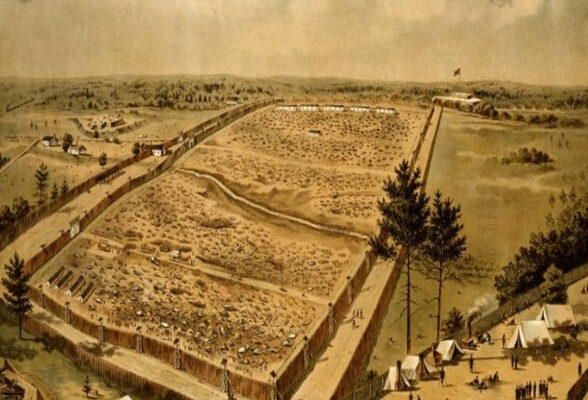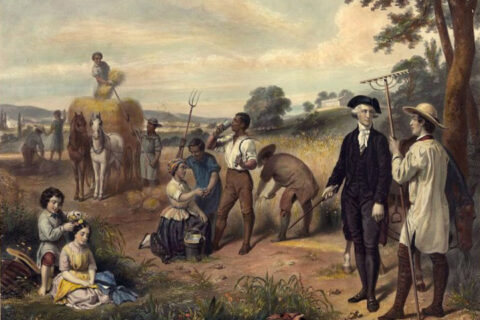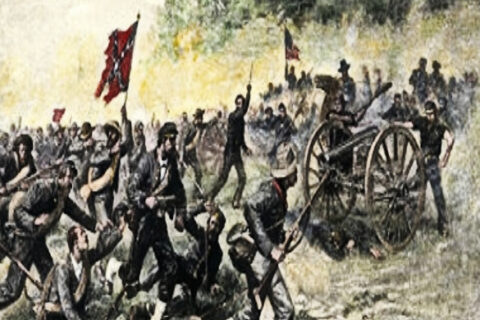Long time readers of this site are aware that when they take the time to write and post intelligent, meaningful comments to my articles in particular, I almost always honor their efforts and return the favor, so to speak, by responding in kind, i.e., with a thoughtful, intelligent, meaningful reply submitted in a timely manner. However, while attempting to follow that unwritten personal policy of mine with respect to several comments under my most recent article and a couple of more by other contributors, I quickly learned, to my surprise and disappointment, that something technical I haven’t quite figured out as yet is now preventing my posting comments at the site, period. I have since made my “tech guy” aware of the situation, and he, in turn, has promised to look into it and to work with me to get the problem ironed out shortly. In lieu of that ultimate and most desirable outcome, I trust I will be pardoned for approaching the situation as it currently stands by way of putting my replies to the commenters in question into what will serve, for all intents and purposes, as a sort of addendum to the O.P. Not only for their sakes and mine, but for the greater edification of the broader readership.
I feel as though further explanation for my chosen course of action in this particular case is warranted, if not in fact necessary. That being the case, allow me to remind y’all that the overarching reason I wrote the original article to begin with was to hopefully inspire some of our readers interested in the unvarnished truth of Andersonville to read Mr. Page’s book. Not necessarily right away, but certainly sometime in the future. That was and is really my goal, and as such, I am hopeful that my replies to the commenters mentioned in the previous paragraph will assist in achieving that end, rather than hinder it. It should go without saying that if I felt that taking this unusual step would result in the latter, I would have suppressed the urge to do it. Anyway, below are my replies as promised, and without further ado.
Thank you, sir. Those are great quotes from Mr. Schmidt’s book. Very relevant. One has to be as ‘bright as a burnt out lightbulb,’ or otherwise totally close-minded to evidence from the other side, not to connect the dots from the kangaroo trial of Capt. Wirtz to that which occurred at Nuremberg. I’ve mentioned those connections in comments here and elsewhere many times before. As you know, lots of the beautiful monuments we’ve seen come down in recent years, were raised in honor of our glorious heroes of the Lost Cause in the very year Mr. Page’s book was published. The one at Gainesville, Texas comes to mind off the top of my head. It was moved to a county (Cooke County) museum in 2020, I believe. It’s been good to get a little extra free time of late, and to invest a good portion of it in study and writing new articles for ID. There are several more upcoming. Stay tuned.
To Citizenfitz, whose “comment” is actually a link to one popular version of the “providence spring” story that I encourage y’all to read in conjunction with my response, which is as follows:
Allow me to quote a relevant passage from the O.P. in reply to the version of the “providential spring” story (of which there are several besides that one) posted at your link. I wrote:
Mr. Page calls on the carpet a number of writers for ‘playing fast and loose’ in their descriptions of principal persons and events forever associated with Andersonville.
One of the principal *events* “forever associated with Andersonville” I was making allusion to in that passage is that of the sudden appearance of the “providential spring” in the summer of ‘64, to which Mr. Page devotes several paragraphs in ch. 10 of the book. Here is a sampling from those paragraphs:
In all the reminiscences of my comrades that I have read, not one who speaks of this spring has given the true cause of its source or origin, and coming to us as it did I’ll admit that it was providential, but it came in a natural way easily accounted for.
Since my desire is for readers of the O.P. to read Page’s book, I won’t quote him any further than I already have in regard to the spring’s source or origin. Suffice to say that his version of the story curiously omits recollections of astonishing cloud formations and miraculous bolts of lightning, etc. I can say that he does share with his readers yet another version of the story told him at the foot of providential spring while visiting Andersonville in 1902, but I will leave it at that for reasons already stated.
Thanks for reading.
Finally, to Father Dabney:
Yeah. Our Confederate forebears were, in the main, good natured and magnanimous to a fault. Mr. Page discusses that aspect of their characters in association with the circumstances of his own capture and that of his men, to wit:
While I do not know it for certain, yet I am, and always have been, satisfied that at about the time Lieutenant Hoyt was hit the Confederate officer in command gave the order to cease firing. Our miserable little handful of men was as good as captured at any time after the Confederate advance had reached the brow of the hill, and here is a marked refutation of the oft-repeated “needless rebel cruelty.
We were engaged in an open fight, and they could have wiped us off the face of the earth at any time after getting over the hill, for they were upon us. I was repeatedly ordered to halt after getting 300 or 400 feet start, and could easily have been shot down before I reached the river; but I didn’t have time to halt or to obey orders. According to all the rules of war they were perfectly justified in killing me when I failed to stop.
This magnanimous trait is particularly conspicuous in the Southern soldier. He will fight, day or night, against superior odds, but on the other hand, when the advantage is greatly in his favor, he views the situation in altogether a different light. It seems as if the spirit of magnanimity overcomes him.
I don’t bother writing in reply to “Rabbi Glickman” for reasons thoroughly spelled out in the first sentence of the first paragraph above.
God bless all of our readers and commenters, and God bless the Southland!






